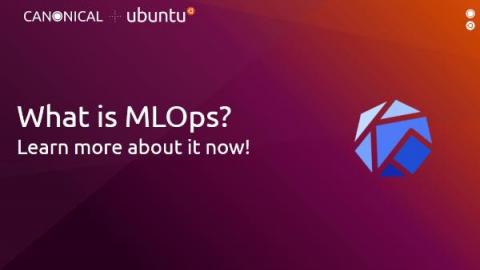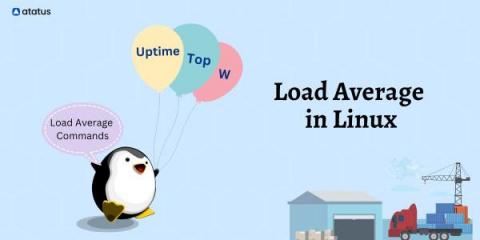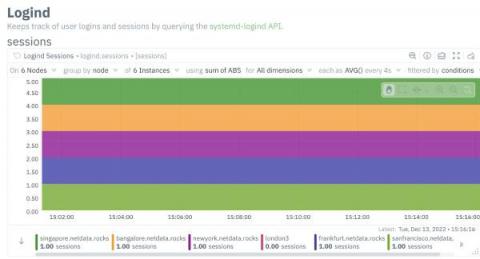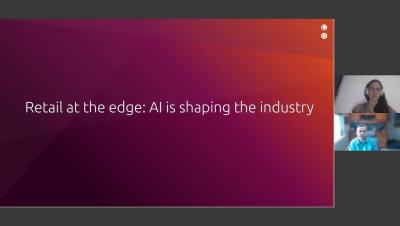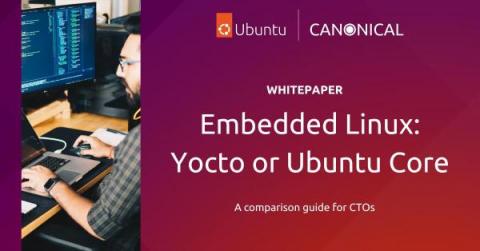Repatriation to reduce public cloud spend - easier said than done?
Repatriation in cloud computing refers to moving workloads from the public cloud to on-premise infrastructure. Sarah Wang and Martin Casado from Andreessen Horowitz have written one of the most popular articles about repatriation: they explain the motivation with the significant cost savings possible. For software-based businesses, public cloud spend can rise to 50% of the cost of revenue (COR). Reducing these costs has the potential for significant margin increases.



